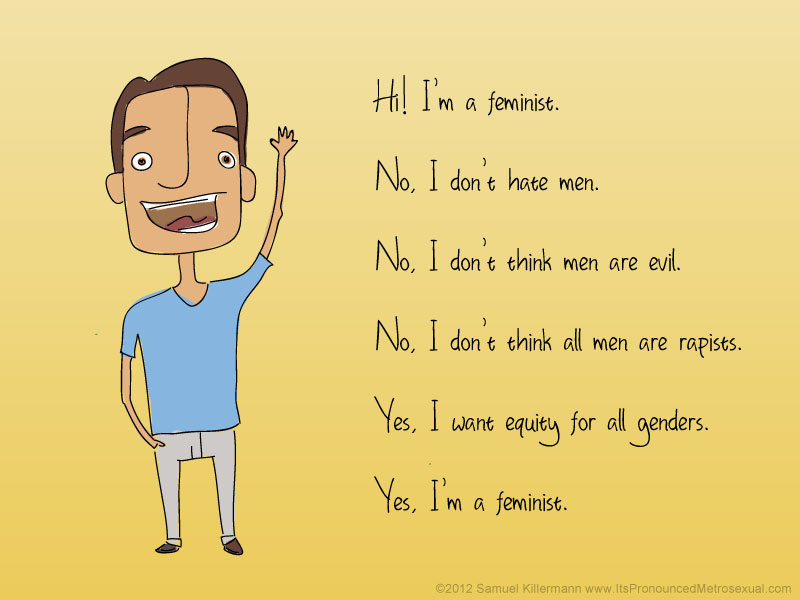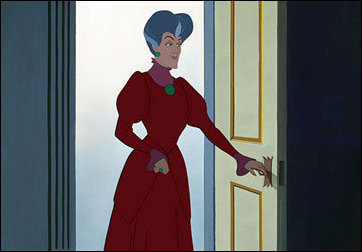I adore the Disney show Phineas
and Ferb. Unlike most shows currently aired by Disney, it’s brilliantly
written, the plotlines are hilarious, the humor is sophisticated, the music is
actually beyond amazing (I have numerous songs memorized), and the characters
are all well-developed and funny. The depiction of female characters in Phineas
and Ferb is a mixed bag, but overwhelmingly feminist.
The basic plot of every episode
is that stepbrothers Phineas Flynn and Ferb Fletcher, circa age 10, create some
extraordinary (and possibly dangerous) invention, and their 15-year-old sister
Candace Flynn tries to bust them with their mother. Throughout the series,
Candace is consistently shown as extremely single-minded, with her only goal
being to bust her brothers. A common subplot involves her boyfriend, Jeremy,
with whom she is constantly trying to please (despite Jeremy’s genuine
insistence that he loves Candace for who she is). As a whole, Candace is a pretty
one-dimensional character, with little substance outside of her relationship to
either Jeremy or Phineas and Ferb. Although her perseverance is excellent - she
tries to bust her brothers in every single episode, despite all of her previous
failures - she would be much more of a feminist character if she channeled her
strengths into developing interests outside of boys or her brothers.
Isabella Garcia-Shapiro, Phineas
and Ferb’s friend, also has her flaws. Isabella is known for walking into the
boys’ backyard and saying her trademark line, “Whatcha doin’?” Although I always
eagerly await Isabella’s arrival in the backyard and say her line along with
her, it seems unfair that she’s content to go along with Phineas and Ferb’s
plans rather than spearheading her own projects. Her on-screen appearances do
make it clear that she has a pretty rich off-screen life, though, since she’s a
Fireside Girls troop leader with lots of friends who has earned what seems like
hundreds of patches. I also suppose that the show is called Phineas and Ferb,
not Isabella, so the writers have no need to introduce plotlines with
Isabella as the main character. Nonetheless, I would love to watch a few
episodes that focus more on Isabella’s capabilities.
In general, Isabella is a feminist
character who is significantly more three-dimensional than Candace is. She
exhibits the importance of multiculturalism, as she is half Mexican and half
Jewish and leads a racially diverse Fireside Girls troop. As the head of her
Fireside Girls troop, Isabella shows Phineas and Ferb fans of both sexes
that girls can handle leadership positions with grace. Isabella and her troop
members often shake gender stereotypes when they participate in activities that
are not considered typically feminine, like building a plane or watching a
comet in an observatory.
Another main female character in
the series is Phineas and Ferb’s mother, Linda Flynn-Fletcher, a stay-at-home
mom who never sees any of her sons’ inventions, despite Candace’s efforts
otherwise. In the 80s, she was a one-hit wonder, Lindana, whose song “I’m Lindana
and I Wanna Have Fun” is most likely patterned after Cyndi Lauper’s “Girls Just
Wanna Have Fun.” She’s supposed to be the typical American mom, who bakes pie
for her kids and goes bowling with her husband. I’m not sure if it’s fair to
label Linda as a feminist character, but she is certainly feminist-leaning, as
she encourages Phineas and Ferb’s friendship with kids who are from various
ethnic backgrounds and befriends their mothers herself.
The show goes out of its way to
showcase non-typical family situations. Phineas and Ferb’s family is blended. Isabella
is half-Mexican, half-Jewish. Another character, Dr. Doofenshmirtz, is divorced, and his wife pays
him alimony. Fans never meet either Buford’s father. Considering that most
kids’ shows stick rigidly to the male-female parent paradigm, it’s inspiring
that Phineas and Ferb breaks the norm like this.
All in all, Phineas and Ferb
teaches kids to harness their potential, follow their passions, and do
something worthwhile with every moment - all of which are feminist goals. As the entire cast sings at the end of
my favorite episode, “Carpe Diem” - “Cuz every day’s a brand new day / You gotta carpe
diem.”






